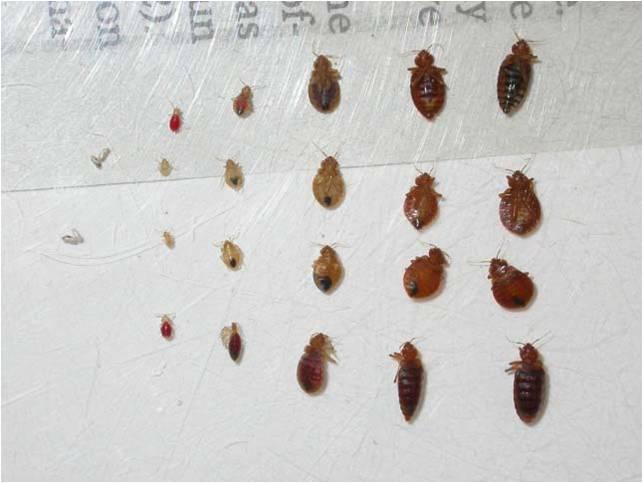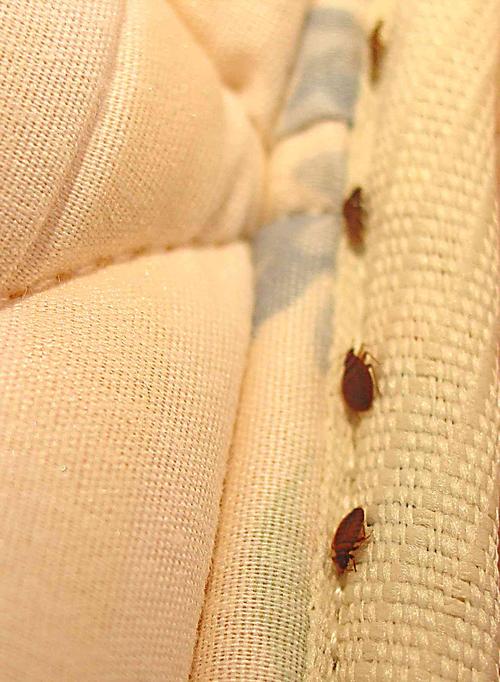
Are Bed Bug Bites Itchy?
Bed bugs are a common household pest that can cause a lot of discomfort and distress. One of the most common questions people have about bed bugs is whether their bites are itchy. In this article, we will delve into the details of bed bug bites, their symptoms, and how to manage the itching they can cause.
Understanding Bed Bug Bites
Bed bugs are small, flat, oval-shaped insects that feed on the blood of humans and animals. They are reddish-brown in color and can grow up to 5-7 millimeters in length. Bed bugs are nocturnal and typically feed on their hosts while they are sleeping.

When bed bugs feed, they inject an anesthetic and an anticoagulant into the skin to prevent the host from feeling the bite and to keep the blood flowing. This is why bed bug bites often go unnoticed until the next morning when the swelling and itching begin.
Are Bed Bug Bites Itchy?
Yes, bed bug bites are typically itchy. The itching is caused by an allergic reaction to the saliva of the bed bugs. Not everyone will have the same reaction to bed bug bites, and some people may not experience any itching at all. However, for those who do, the itching can be quite intense and may last for several days.
It’s important to note that the itching is not the only symptom of bed bug bites. Other common symptoms include red, raised bumps on the skin, welts, and sometimes blisters. The bites can appear in clusters or lines and may be found on any part of the body, but they are most commonly found on the arms, legs, and face.
Managing the Itching
Here are some tips for managing the itching caused by bed bug bites:

-
Wash the bites with soap and water to prevent infection.
-
Apply an antihistamine cream or gel to reduce the itching and swelling.
-
Use calamine lotion to soothe the skin.
-
Keep the affected area clean and dry to prevent infection.
-
Avoid scratching the bites, as this can lead to infection and scarring.
For severe cases of itching, a doctor may prescribe oral antihistamines or corticosteroids. In some cases, a dermatologist may be needed to treat the bites.
Preventing Bed Bug Bites
Preventing bed bug bites is the best way to avoid the discomfort and itching they can cause. Here are some tips for preventing bed bugs:
-
Inspect your home regularly for signs of bed bugs, such as small, dark fecal spots, shed skins, and bed bug eggs.
-
Keep your bed linens clean and change them regularly.
-
Use a vacuum cleaner to clean your mattress, box spring, and furniture regularly.
-
When traveling, inspect your hotel room for signs of bed bugs before unpacking your belongings.
-
Use a luggage dryer to dry your luggage after returning from a trip.
Conclusion
Bed bug bites are itchy and can cause discomfort and distress. Understanding the symptoms and how to manage the itching can help you deal with bed bug bites more effectively. By taking steps to prevent bed bugs, you can reduce your risk of getting bitten.
| Bed Bug Bite Symptoms | Description |
|---|---|
| Itching | Caused by an allergic reaction to bed bug saliva. |
| Red, raised bumps | Typical reaction to bed bug bites. |
| Welts | Swollen, raised areas on the skin. |
| Blisters | Occasionally occur, especially in severe cases. |



